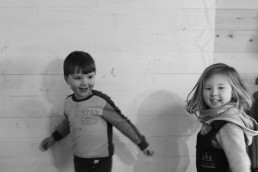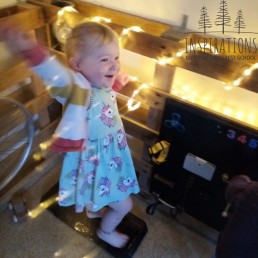Taking Care of Mental Health
In today’s blog we are thinking and looking at the importance of taking care of our mental health and wellbeing. To say the last year has been difficult would be an understatement! It has been extremely challenging and may have taken a toll on our mental health and wellbeing.
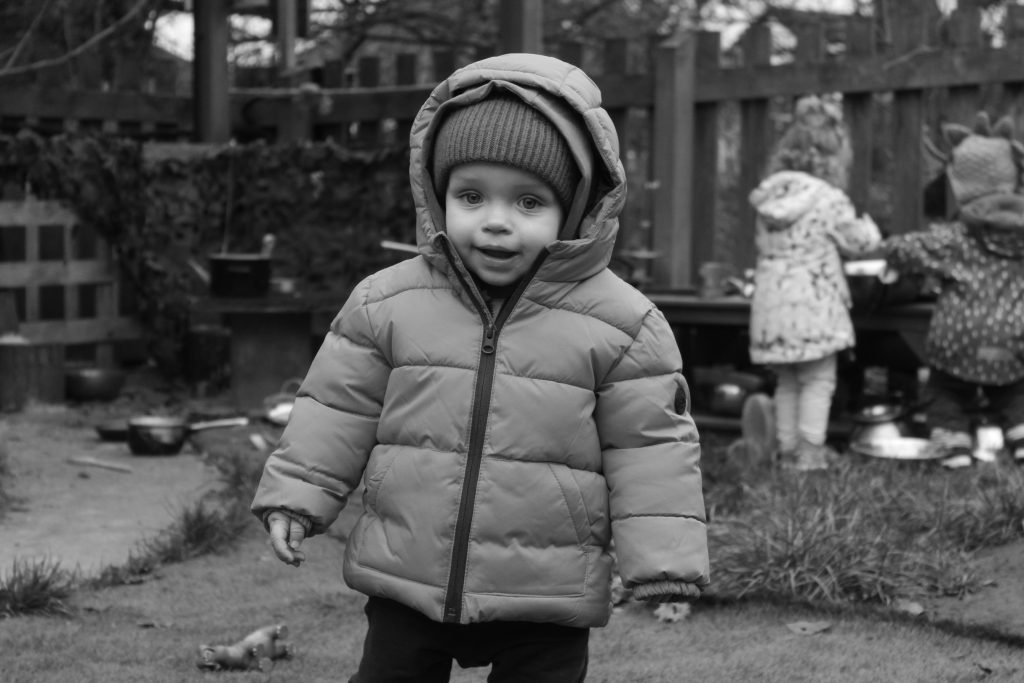 At Inspirations we believe that the staff are the lifeblood of our nursery, and therefore supporting their mental health and wellbeing is a key priority. This was top of the agenda for our first staff meeting of the year.
At Inspirations we believe that the staff are the lifeblood of our nursery, and therefore supporting their mental health and wellbeing is a key priority. This was top of the agenda for our first staff meeting of the year.
As a setting we have introduced a new wellbeing policy and different initiatives (ie wellbeing basket, flowers and activities in the staff room, celebrating working anniversaries), to help staff to focus on their own wellbeing, while supporting them both professionally and personally. Staff also have full access to our EAP program (employee assistant program). The program offers a free 24hr confidential helpline to help with anything from stress and anxiety to gambling issues. If needed staff can be referred for 6 free counselling sessions. The program also offers many wellbeing services with its ‘My Healthy Advantage’ app where you can do things from mini health checks to tracking your sleep or mood. Family members can also access the program.
Promoting wellbeing among staff is not only humane and a good thing in itself but, also has a number of benefits for our setting, such as.
- Positive impact on children, including stronger relationships.
- Reduced absences
- Staff being able to manage their own stress better and to develop healthier coping strategies.
- Staff feeling valued, supported and invested in.
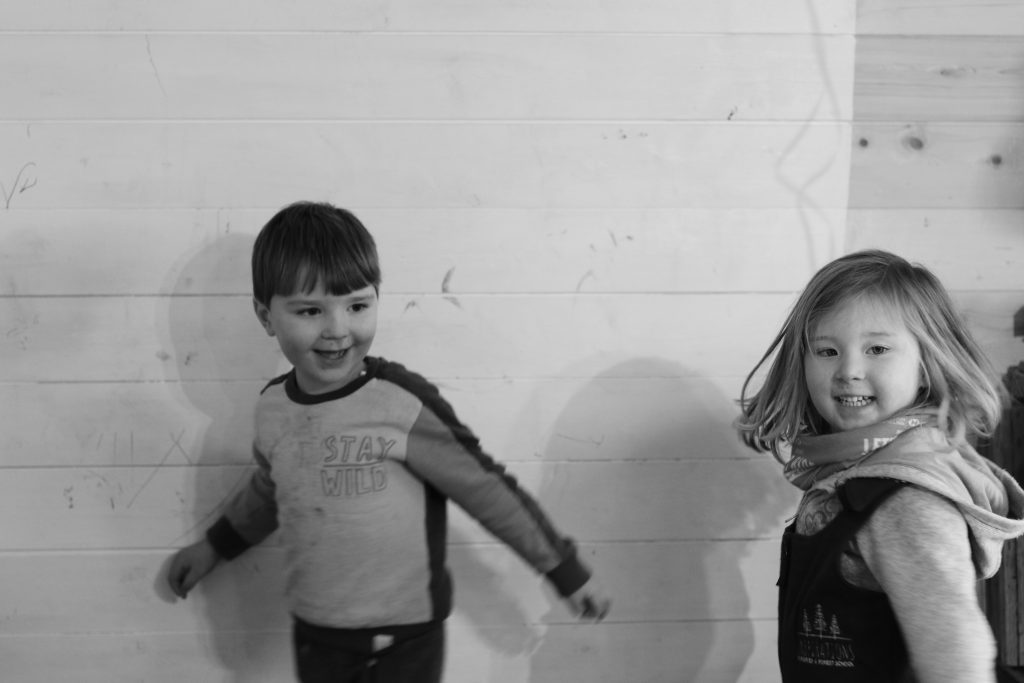
Supporting Mental Health in Early Years
The foundations for a child’s healthy emotional development are known to be laid down in their early years. At Inspirations we recognise the importance of positive early experiences for mental wellbeing. Feelings or attachment, security and positive stimulations within loving relationships (key person) help to strengthen a child’s development emotionally. This makes them more likely to thrive and become healthy adults.
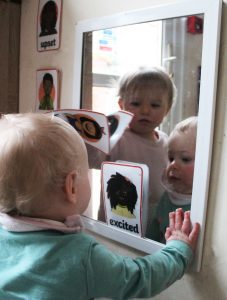
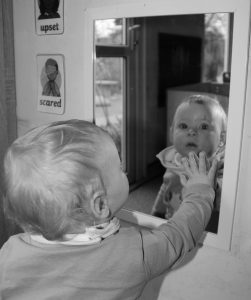
We know at Inspirations that all adults who spend time with young children have a responsibility to help in their healthy mental development and wellbeing. This is just another reason why we make it a priority all staff are qualified to level 3 or above (or working toward).
Some of the ways we support our children’s wellbeing daily are, through stories, outdoor play, singing, music, drawing and crafts, use of emotional language, role play and general play.
In relation to children’s wellbeing, long term Forest School programs are found to have positive impacts on children’s physical and mental health, in addition to improving their social and cognitive competence. Being outside in a natural environment has been shown to relieve stress by reducing the levels of stress hormone, cortisol, in the brain. Children taking part in forest school sessions quickly show evidence of a greater emotional maturity.
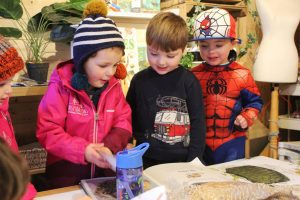
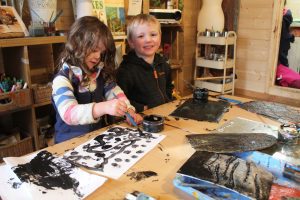
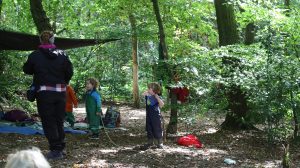
Promoting wellbeing in children enhances their confidence and resilience. The promotion of social skills through group games and activities will enable our children to be confident communicators and develop positive friendships and relationships. Our forest school sessions also promote self-esteem and emotional intelligence by giving children ownership and control. Being outdoors in our beautiful natural environment is as beneficial to the staff as it is to our children.
Our setting is homely and cosey with lots of opportunity for conversations. Children are encouraged to choose what they do, with guided play (forest school, art studio). Children also have opportunity to take safe risks, building their confidence and resilience.
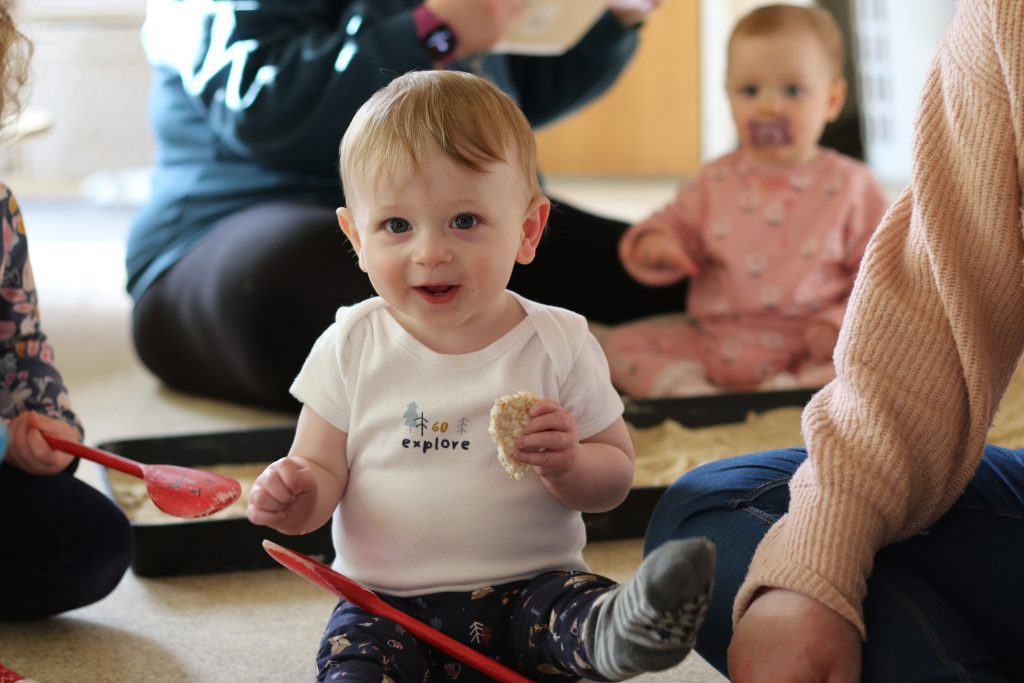
As a team we are constantly reflecting on our environment and daily routine, and how it best supports children’s emotions. We also recognise that family is the most important influence in a child’s life. Building strong bonds with our parents/carers is extremely important to us at Inspirations. All our children/families have their own key person. The presence of a key person helps both the child and parent/carer to feel more emotionally secure, and of course our management team are also there to offer support to our families daily.
-Tara
Being Two- What are Schemas?
Welcome to part two of our focus on Being Two. This week we take a look at schemas, what they are, how our toddler room supports them, and ways to support this at home.
Have you made a cup of tea today, switched a light on, picked a pen off the floor and moved it to a flat surface to avoid it rolling off again? Then you have used schemas today without even realising it.
 A schema, put simply is like a mental model, a set of instructions we act out in our brain based on what has been successful in the the past. Whilst we come across schemas every time we learn something brand new, as you can imagine this happens the most at 2 and 3 years old.
A schema, put simply is like a mental model, a set of instructions we act out in our brain based on what has been successful in the the past. Whilst we come across schemas every time we learn something brand new, as you can imagine this happens the most at 2 and 3 years old.
Our toddler room is a HUB of schemas and is filled with opportunities to create these brain connections.
If I hit this will it break?
Whilst in may appear our little ones are rampaging through rooms causing chaos perhaps it helps to change our perspective and remember they are simply creating cognitive blue prints that set them up for life.
What happens if i drop this? Does this bounce? If I hit this will it break?
The Main Types of Schemas
Below are some examples of Schemas and how they are supported within the provision:
- Transporting – Moving objects or themselves from place to place. Moving things
with their hands. Bags, pots, pans, containers, sad. - Rotation – Turn and rotate objects or themselves. Roll their bodies, playing with toys
that spin, twist, and turn or even ride bikes. They could use Tyres, Wheels, Cable
reels and cars to explore this interest. - Enclosing – Join lines or build structures with objects such as bricks, magnets, or
malleable materials to form enclosures/models. - Connecting – Joining things together, fastening or tying things. Separating or
disconnecting construction etc. - Positioning- Our loose parts ethos lends its self well to this schema, lining things up, ordering different sized objects.
- Enclosing or enveloping- There is always a large cardboard box on the go in our toddler room setting for the children to climb into. But this can also be seen with sand or soil or fabric.
- Transforming- Messy play- gloop, water trays, mark making



I have attached a link that details further Schemas and how you at home can support these at home.
http://www.flyingstart.uk.com/wp-content/uploads/2014/08/Schema.pdf

